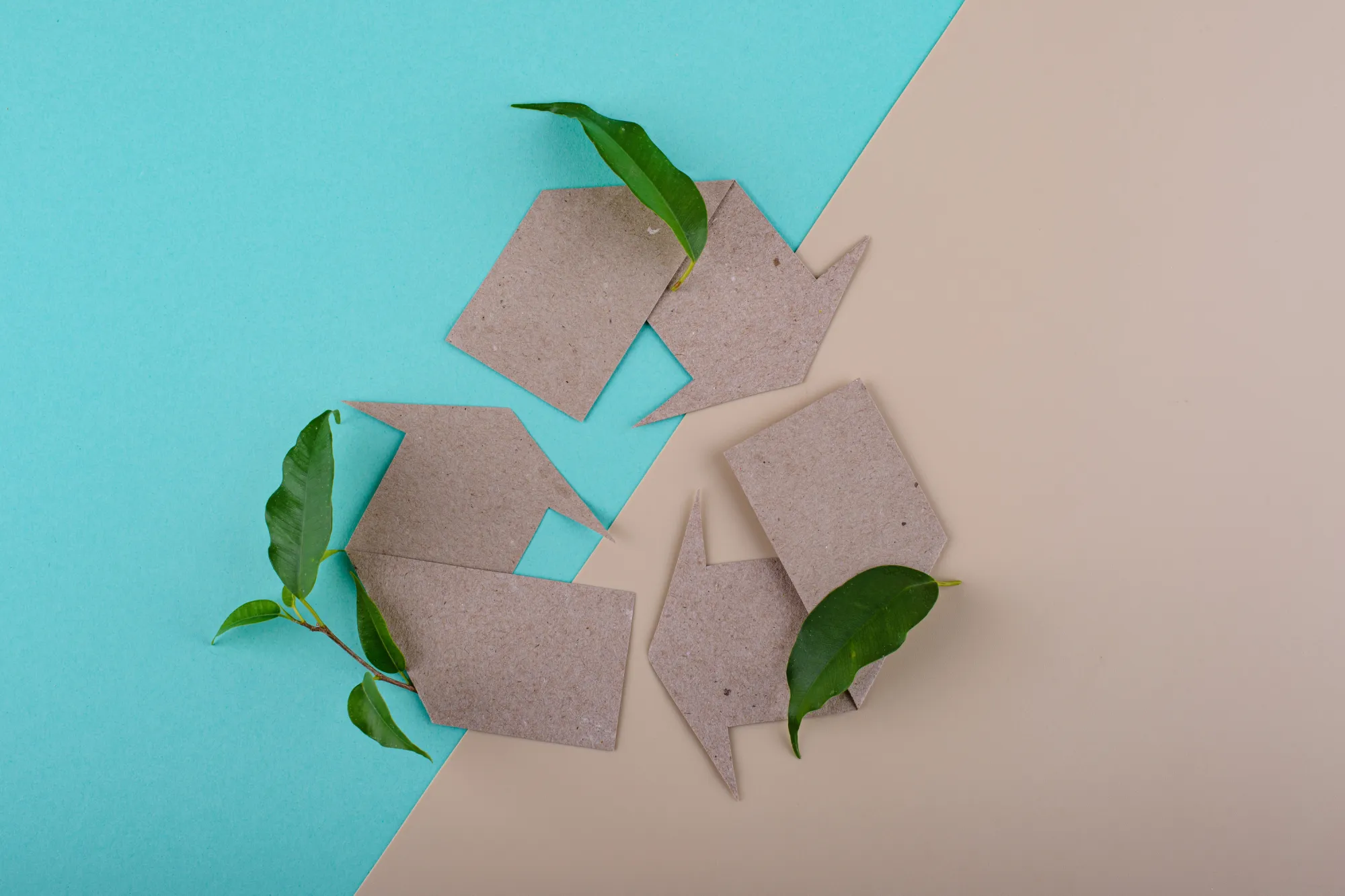Environmental Responsibility in the Packaging Industry: Gilpack's Commitment to Sustainability.
..

Introduction
In today's world, the packaging industry faces a significant challenge: how to reduce its environmental impact while continuing to meet the demands of businesses and consumers. In this context, Gilpack, a prominent player in the packaging solutions sector, is leading the way with a strong commitment to sustainability. In this article, we'll explore the importance of environmental responsibility in the packaging industry and how Gilpack is dedicated to making a positive difference.
The Environmental Impact of Packaging Materials
Packaging materials have a substantial impact on our environment. Traditional packaging solutions often rely on non-biodegradable materials like plastic, contributing to pollution and waste. The production and disposal of these materials can lead to greenhouse gas emissions, habitat destruction, and harm to wildlife.
The statistics are sobering. Each year, millions of tons of plastic packaging end up in our oceans and landfills, taking centuries to decompose. This pollution affects ecosystems, harms wildlife, and contributes to the global plastic crisis.
Gilpack's Sustainable Packaging Solutions
Recognizing the environmental challenges posed by traditional packaging materials, Gilpack has embraced sustainability as a core principle of its business. They offer a range of eco-friendly packaging solutions that minimize environmental harm. These solutions include:
- Biodegradable Materials: Gilpack's use of biodegradable materials ensures that their packaging products break down naturally, reducing the long-term environmental impact. Products made from materials like PLA (Polylactic Acid) or starch based materials, offer an alternative to traditional plastics.
- Recycled Content: Gilpack incorporates recycled materials into their packaging products, helping to divert waste from landfills and conserve resources. The recycling is being done in accordance with the relevant regulations concerning food contact materials. By using recycled plastics, they reduce the demand for virgin materials, decreasing the overall environmental footprint.
- Lightweight Design: Gilpack designs its packaging to be as lightweight as possible while maintaining product protection. This reduction in weight not only minimizes packaging waste but also reduces transportation emissions and costs. Lightweight packaging is a win-win for sustainability and cost-efficiency.
- Energy Efficiency: The company has implemented energy-efficient manufacturing processes to minimize its carbon footprint. These processes consume less energy and produce fewer greenhouse gas emissions, further demonstrating Gilpack's commitment to sustainability.
Recycling and Circular Economy Initiatives
Gilpack goes beyond just providing sustainable packaging options. They actively participate in recycling and circular economy initiatives. Their recycling programs aim to collect and process used packaging materials, turning them into new products. This reduces the need for virgin materials, conserving resources and energy.
Moreover, Gilpack is investing in research and development to create packaging materials that are even more easily recyclable. This forward-looking approach is essential for building a truly circular economy in the packaging industry.
Collaborative Efforts and Industry Partnerships
Gilpack understands that addressing sustainability challenges in the packaging industry requires collaboration. They are actively involved in partnerships with other organizations dedicated to sustainable practices. By working together, these entities are driving innovation and promoting eco-friendly solutions throughout the industry.
Collaborations with environmental NGOs, government agencies, and industry associations are helping Gilpack stay at the forefront of sustainable packaging practices. Through these partnerships, they exchange knowledge, share best practices, and collectively push for industry-wide change.
One area where Gilpack excels is in providing cutting-edge packaging solutions for the pharmaceutical industry.Trends in pharma packaging solutions are continually evolving to ensure product safety and compliance with regulations.
Another critical aspect of Gilpack's offerings is their Child-Resistant (CR) Caps. These caps are essential for products that require extra safety measures, especially in the pharmaceutical and chemical industries. For a closer look at Gilpack's CR Caps
Environmental responsibility in the packaging industry is a pressing concern that demands attention and action. Gilpack, through its commitment to sustainability, is setting an example for the industry. By offering eco-friendly packaging solutions, participating in recycling programs, and collaborating with like-minded organizations, Gilpack is making strides toward a more sustainable future.
Business professionals looking to make environmentally responsible choices for their packaging needs can turn to Gilpack with confidence. Their dedication to sustainability not only benefits the environment but also aligns with the growing demand from consumers for eco-conscious products and practices. As we move forward, it's clear that companies like Gilpack are leading the way toward a greener, more sustainable packaging industry.
The choices we make today regarding packaging materials and practices have far-reaching consequences. By supporting companies like Gilpack, businesses can be part of the solution, contributing to a healthier planet and a more sustainable future for generations to come.
Further reading: What Role Can Finance Play in Creating a Greener Economy

